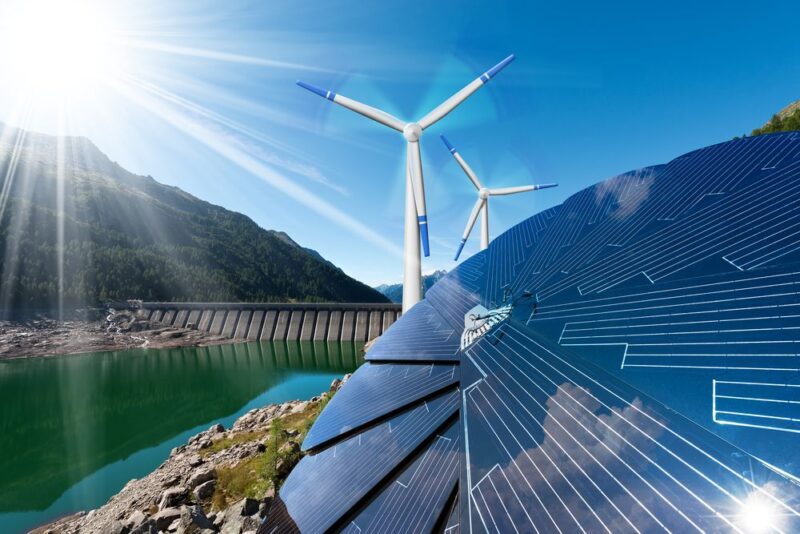As the African Energy Summit Mission 300 approaches, scheduled for January 27 and 28, 2025, in Dar es Salaam, Tanzania, a major initiative is strengthening the continent’s efforts in renewable energy. The African Development Bank (AfDB), in partnership with PowerGen Renewable Energy and several international stakeholders, has launched an innovative platform aimed at expanding access to clean and affordable energy in Africa.
This ambitious project aims to provide electricity access to 300 million people by 2030. It reflects the growing commitment of governments, the private sector, and development organizations to tackle the energy challenge that hinders the continent’s socio-economic growth.
**A strategic deployment for sustainable impact**
PowerGen Renewable Energy, a key player in the project, plans to deploy 120 MW of renewable energy, combining battery storage solutions and smart mini-grids. The first phase targets over 68,000 households and 7,000 businesses across Nigeria, Sierra Leone, and the Democratic Republic of Congo, with the goal of significantly reducing electricity costs.
Supported by structured and multi-stakeholder financing, this project relies on the expertise of partners such as the Private Infrastructure Development Group (PIDG), the Danish IFU Fund, and the EU’s ElectriFi program, providing essential resources to ensure long-term viability.
**A lever for economic and social integration**
Beyond electrification, this initiative addresses strategic development goals in Africa, notably those of the AfDB, which places energy access at the heart of its priorities with focuses such as industrialization and improving living conditions. The model adopted by PowerGen integrates industrial solutions tailored to community needs, thus offering a sustainable alternative to traditional energy infrastructures that are often outdated and costly.
**A hope in the face of a still concerning reality**
Today, nearly 600 million Africans still live without access to reliable electricity, forced to use costly and polluting solutions, such as kerosene lamps or diesel generators. According to Wale Shonibare, director of financial solutions at the AfDB, swift and coordinated action is needed to break this cycle of energy poverty and enable the continent to fully realize its economic and social potential.
With the launch of this transformative platform and the growing mobilization of international partners, Africa seems to be positioning itself on the path to a sustainable and inclusive energy transition, in line with the United Nations Sustainable Development Goals.


